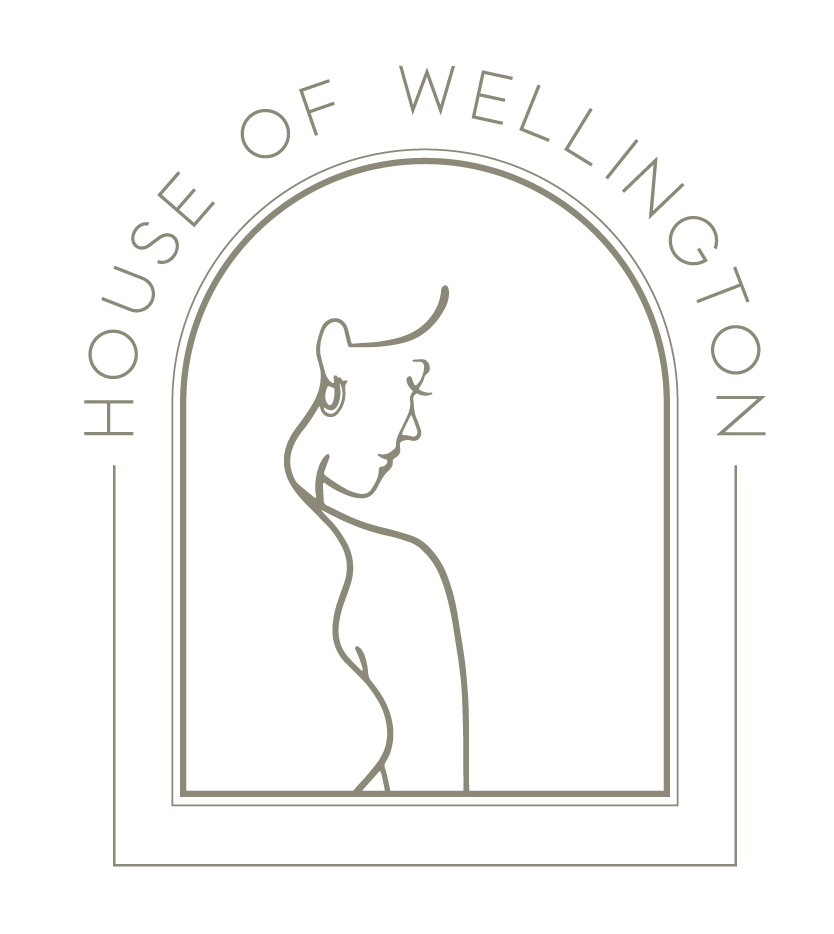**This family has chosen to remain anonymous, to protect their identities and privacy. Please note that all names used in this blog entry have been changed, however all other information is that of the writer**
I was never an anxious person until I became a mother, and now almost daily I’m crippled with anxiety worrying about my toddler with ARFID. Worrying if he will eat or drink today. Worrying what his life will be like. Worrying about his health. Worrying about his growth. John is almost three and is still wearing the clothes he was in at 18 months. The stress of him not eating is unbearable sometimes. And because he doesn’t eat or have sufficient intake, his moods and energy are low, and outings are incredibly hard work, so we mostly stay at home.
The burden of responsibility to feed my child is like no other. I’ve had high pressured roles with a lot of liability in my career, but that pales in comparison to mothering a child with ARFID. A job I feel I fail every day.
John doesn’t have any safe foods like other ARFID kids. He just has zero interest in food altogether. He won’t come near the dining table and the pressure to eat results in tears, tantrums and regression. He would literally rather starve than eat.
We have had feeding issues from birth, and a lot of remorse and regret for our part in his eating disorder, coupled with poor advice from the medical professionals we trusted, and lack of help and appointments due to Covid. Born a lethargic baby after an emergency C-section, John never demanded feeds and lost 13% body weight after birth. A strict feeding plan was introduced by the doctors, so he never got the opportunity to enjoy feeds, as they were so frequent, and he never learnt to sleep as a result of constant interruption.
John started refusing feeds around three months old. Kicking and screaming and turning his head, and spitting it out. Was it the bottle? So, we changed them. Was it the teat size? So, we changed them. Was it the formula? So, we changed it. Was it the feeding position? We changed that too. Was it me? So, his dad tried. John would cry and kick and scream at the sight of the bottle and feed less and less. So, we tried more. We pushed more. We pressured more; we were so scared he would lose weight again.
By four months he was rejecting most feeds and went three days without anything resulting in a stay in a renowned children’s hospital in Sydney. No one questioned how we were feeding him, and we were sent home after three days being told “he obviously doesn’t like milk, so start solids”... so we did. The same fatal mistakes were made, not observing John’s cues. Not realising when he was full. Giving him no control, autonomy or diversity over feeding. We just spoon fed him purée after purée after purée. By eight months our son was so traumatised he had a full-blown oral aversion. The damage was done. And to this day, no food brings him enjoyment.
The Paediatricians said it must be silent reflux, take this medication. It must be constipation, take this medication. Speech therapists (SLP) have said it must be a tongue tie, see a dentist. The paediatric dentist said it wasn’t, so the SLP said try a different one. We’ve seen a paediatric dietitian who said go on a low fodmap diet, but he doesn’t eat so that was a waste of money. We’ve seen three different doctors, four speech therapists, a feeding clinic, a dietitian, a chiropractor, a kinesiologist, two homeopaths, an occupational therapist, an osteopath, a craniosacral therapist, and John is currently the worst he has been in life. Each feeding appointment, John will take a bite of something for them, and I feel they must think I’m a liar. They have also said he looks healthy with the comment “you must be doing something right.” After each appointment he regresses. The pressure to eat is just too much.
This financial burden as we wait and try to get NDIS funding, which is very slow and not guaranteed, adds to the psychological burden of keeping my son alive and healthy. Some days I wish he had a feeding tube so I could know he would be ok, but that’s never been suggested. No one we have seen specialises in ARFID. Everyone just refers us on to someone else. Our family GP had never heard of it.
Feeding therapists assume it’s sensory based, but it’s not. It’s trauma. It is PTSD. His ARFID sub-type is rarer than the disorder itself.
Each day I live with remorse and guilt, and wish for a miracle. So much guilt on my part of him having ARFID that I wish to remain anonymous.


1 comment
My heart aches for this Mum 😢